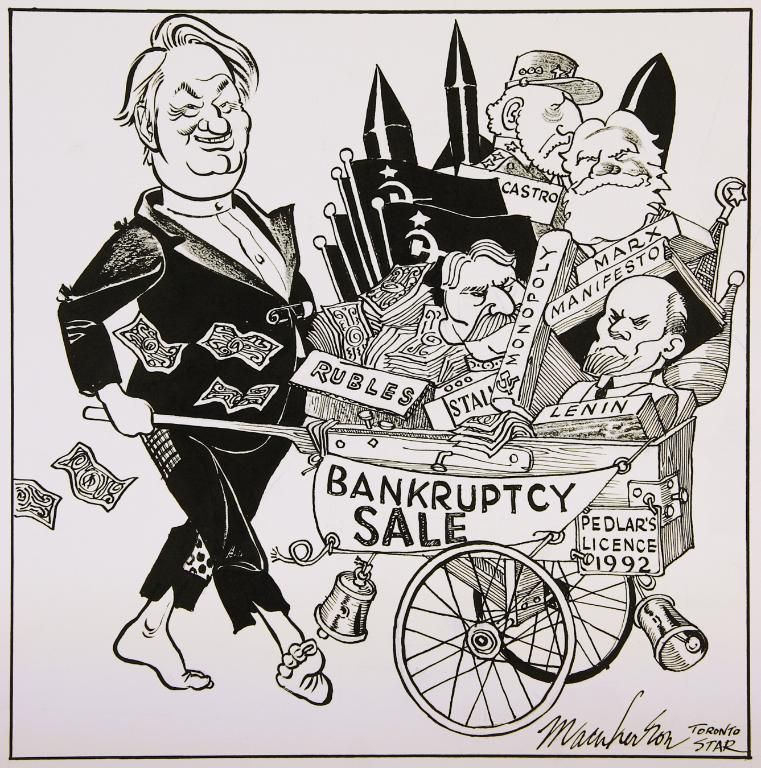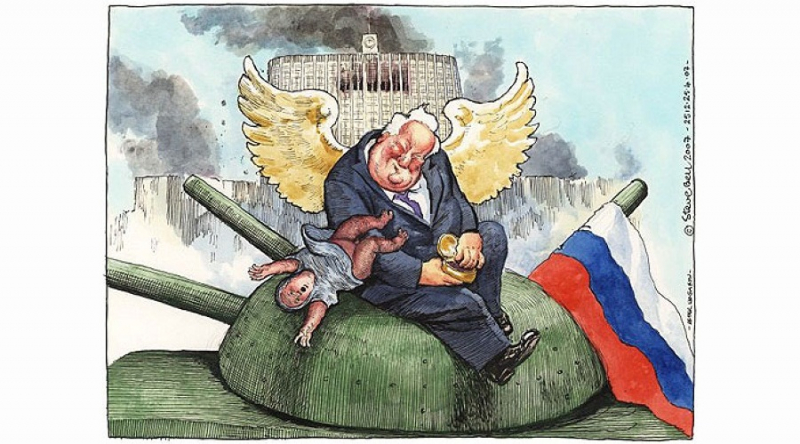Yeltsin had ambitious economic reforms
Boris Yeltsin is the first person who springs to mind when the term "shock therapy" is uttered. The word often alludes to a dramatic adjustment to the nation's economic institutions in the pursuit of betterment.
Yeltsin undertook the difficult task of replacing his nation's ailing command economy with one based on free markets and private enterprise as president of an independent Russia. Early in 1992, he eliminated government price subsidies and restraints on food and other consumer items while enabling free markets to expand unrestrictedly in urban areas. At the same time, the Congress of People's Deputies in Russia had become more antagonistic toward his free-market reforms. The price hyperinflation and widening wealth disparity were the drawbacks, though. The issue of the balance of powers in the proposed new Russian constitution, which was required to replace the outmoded Russian Constitution from the Soviet era of 1978, also caused fierce disagreements between Yeltsin and Congress.
Yeltsin called for fresh parliamentary elections on September 21, 1993, after unlawfully dissolving Congress. Early in October, in reaction, hard-line lawmakers attempted a coup, but they were put down by Yeltsin-aligned army personnel. In December, a referendum on a proposed constitution as well as elections for the legislature was held. Although Yeltsin's proposed constitution, which strengthened the president's authority, narrowly passed, the Federal Assembly, Russia's newly elected parliament, has an anti-reform stance, forcing Yeltsin to rule mostly by executive order in the years to come.












